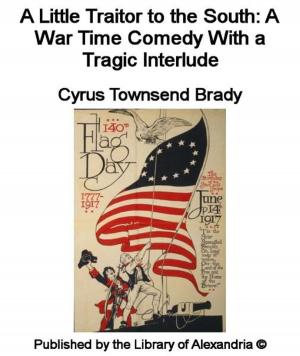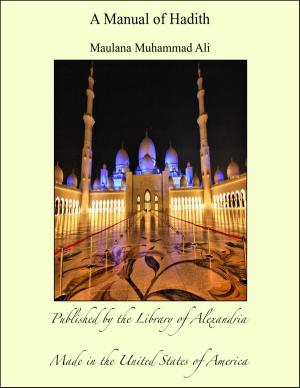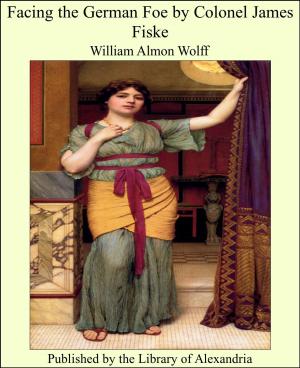James Braithwaite, the Supercargo: The Story of his Adventures Ashore and Afloat
Nonfiction, Religion & Spirituality, New Age, History, Fiction & Literature| Author: | William Henry Giles Kingston | ISBN: | 9781465585677 |
| Publisher: | Library of Alexandria | Publication: | March 8, 2015 |
| Imprint: | Language: | English |
| Author: | William Henry Giles Kingston |
| ISBN: | 9781465585677 |
| Publisher: | Library of Alexandria |
| Publication: | March 8, 2015 |
| Imprint: | |
| Language: | English |
On shore the bustle was yet more apparent. Everybody was in movement. Yellow post-chaises conveying young captains of dashing frigates, or admirals’ private secretaries, came whirling through the streets as if the fate of the nation depended on their speed. Officers of all grades, from post-captains with glittering epaulets to midshipmen with white patches on their collars and simple cockades in their hats, were hurrying, with looks of importance, through the streets. Large placards were everywhere posted up announcing the names of the ships requiring men, and the advantages to be obtained by joining them: plenty of prize money and abundance of fighting, with consequent speedy promotion; while first lieutenants, and a choice band of old hands, were near by to win by persuasion those who were protected from being pressed. Jack tars, many with pig-tails, and earrings in their ears, were rolling about the streets, their wives or sweethearts hanging at their elbows, dressed in the brightest of colours, huge bonnets decked with flaunting ribbons on their heads, and glittering brass chains, and other ornaments of glass, on their necks and arms. As I drove down the High Street I had met a crowd surrounding a ship’s gig on wheels. Some fifty seamen or more were dragging it along at a rapid rate, leaping and careering, laughing and cheering. In the stern sheets sat a well-known eccentric post-captain with the yoke lines in his hands, while he kept bending forward to give the time to his crew, who were arranged before him with oars outstretched, making believe to row, and grinning all the time in high glee from ear to ear. It was said that he was on his way to the Admiralty in London, the Lords Commissioners having for some irregularity prohibited him from leaving his ship except in his gig on duty. Whether he ever got to London I do not know.
On shore the bustle was yet more apparent. Everybody was in movement. Yellow post-chaises conveying young captains of dashing frigates, or admirals’ private secretaries, came whirling through the streets as if the fate of the nation depended on their speed. Officers of all grades, from post-captains with glittering epaulets to midshipmen with white patches on their collars and simple cockades in their hats, were hurrying, with looks of importance, through the streets. Large placards were everywhere posted up announcing the names of the ships requiring men, and the advantages to be obtained by joining them: plenty of prize money and abundance of fighting, with consequent speedy promotion; while first lieutenants, and a choice band of old hands, were near by to win by persuasion those who were protected from being pressed. Jack tars, many with pig-tails, and earrings in their ears, were rolling about the streets, their wives or sweethearts hanging at their elbows, dressed in the brightest of colours, huge bonnets decked with flaunting ribbons on their heads, and glittering brass chains, and other ornaments of glass, on their necks and arms. As I drove down the High Street I had met a crowd surrounding a ship’s gig on wheels. Some fifty seamen or more were dragging it along at a rapid rate, leaping and careering, laughing and cheering. In the stern sheets sat a well-known eccentric post-captain with the yoke lines in his hands, while he kept bending forward to give the time to his crew, who were arranged before him with oars outstretched, making believe to row, and grinning all the time in high glee from ear to ear. It was said that he was on his way to the Admiralty in London, the Lords Commissioners having for some irregularity prohibited him from leaving his ship except in his gig on duty. Whether he ever got to London I do not know.















